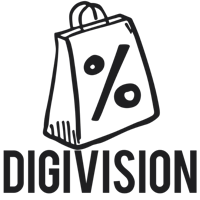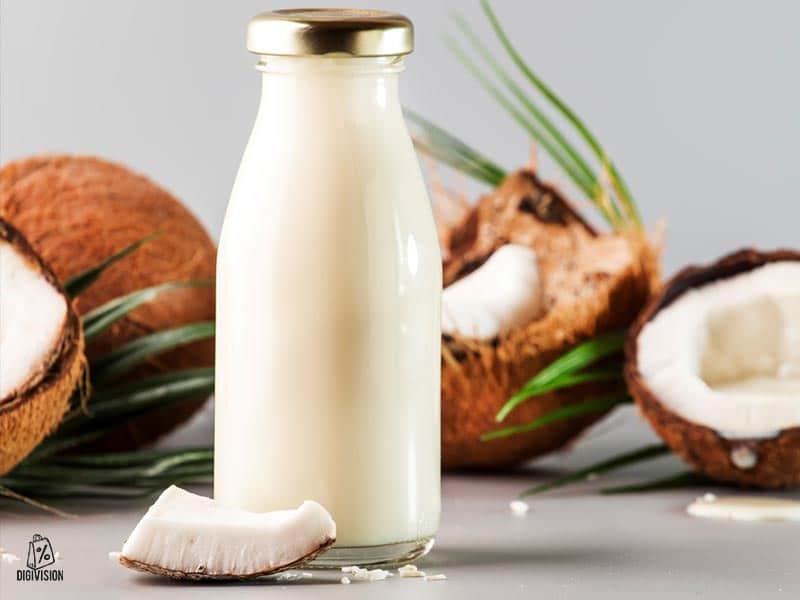
Dating Coach Certification
January 27, 2021
Instapreneur Academy | Making Money on Instagram
February 1, 2021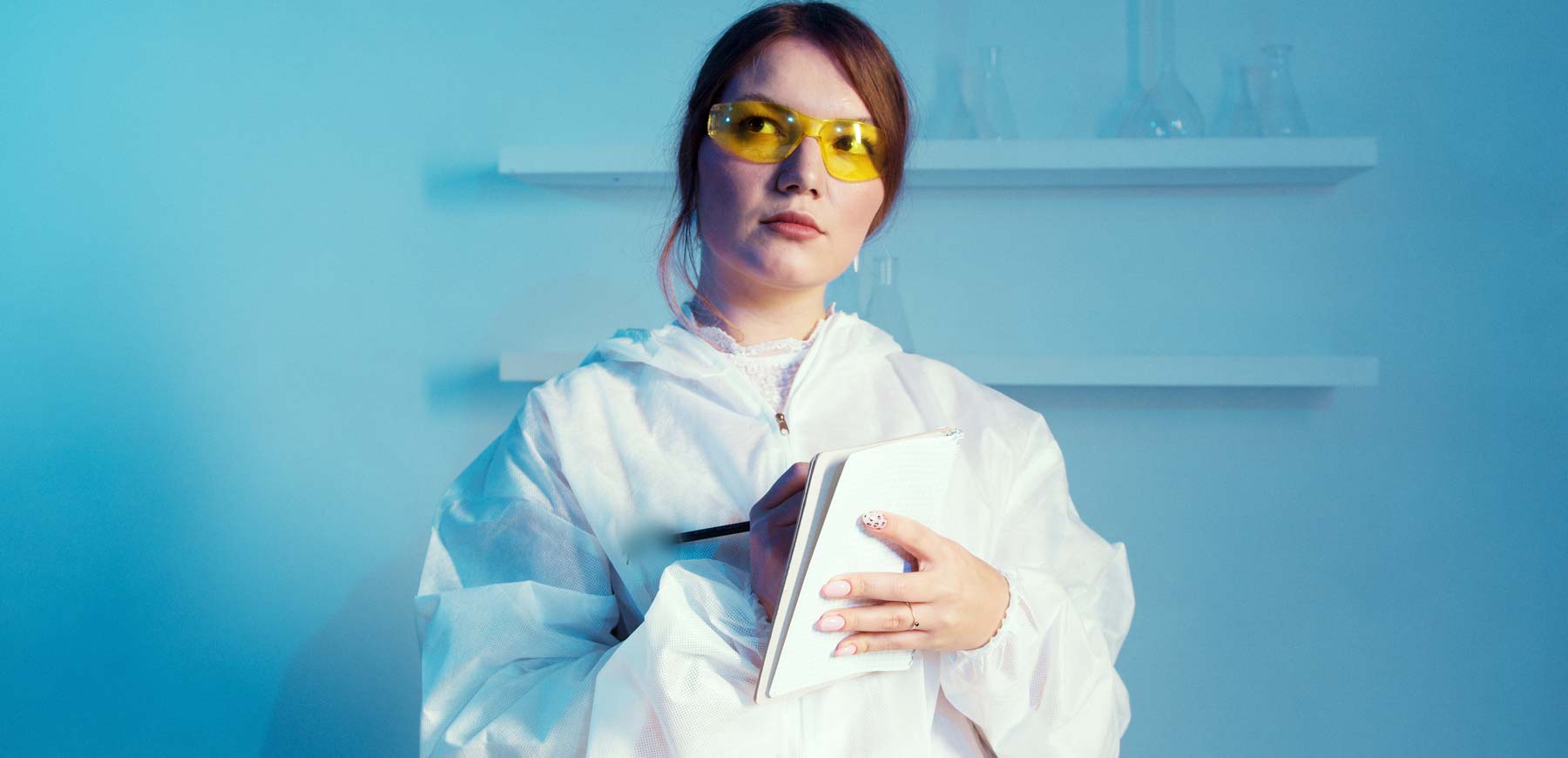
Smart Blood Sugar
Proven winner and constantly getting better! Dr. Marlene Merritt's Smart Blood Sugar has been the leading Blood Sugar offer since 2014. Still doing 100s of sales a day on cold traffic.
Is Sugar Bad for You?
If you love sweets, don't despair. You don't have to give them up forever. Sugar will raise your blood sugar levels more quickly than other carbs, but diabetes experts now say the total amount of carbs is most important. So keep your serving sizes small and take into account the total carbs and calories.
What About the Glycemic Index?
Your daily carb total, spread steadily across the day, is one key to good blood sugar control. Some people also use the glycemic index (GI), a rating of how individual foods raise blood sugar levels. Beans and whole-grain breads and cereals have a lower GI than white bread and regular pasta. Juice has a higher GI than whole fruit. Craving a high-GI food? Eat it along with a lower-GI choice to help control your levels.
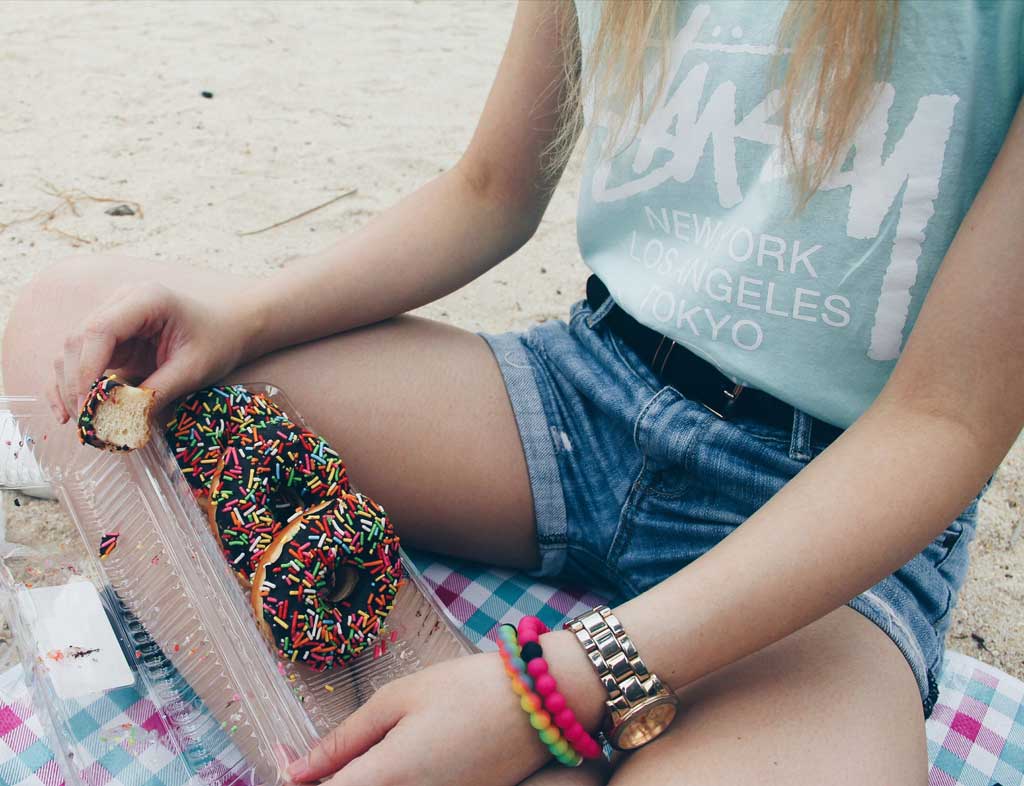
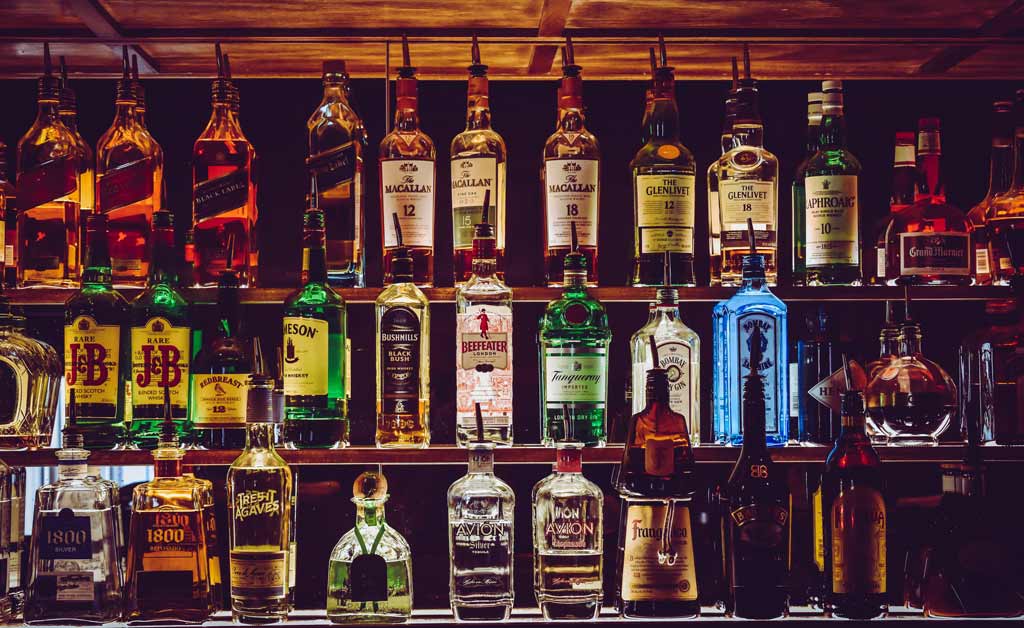
Alcohol
Alcoholic drinks contain plenty of carbs, so at first they will raise your blood sugar. Hours after drinking, your blood sugar may drop. If you drink, it's best to do so with food, and check your blood sugar. The American Diabetes Association advises no more than one drink a day for a woman and two drinks for a man. One drink is 5 ounces of wine, 12 ounces of beer, or 1 1/2 ounces of liquor such as vodka or whiskey.
Smart Blood Sugar is a powerful system designed to help fix your blood sugar problems 100% naturally.
Start Using "Stored Power"
Control Your Insulin Demands
Stop Blood Sugar Spikes
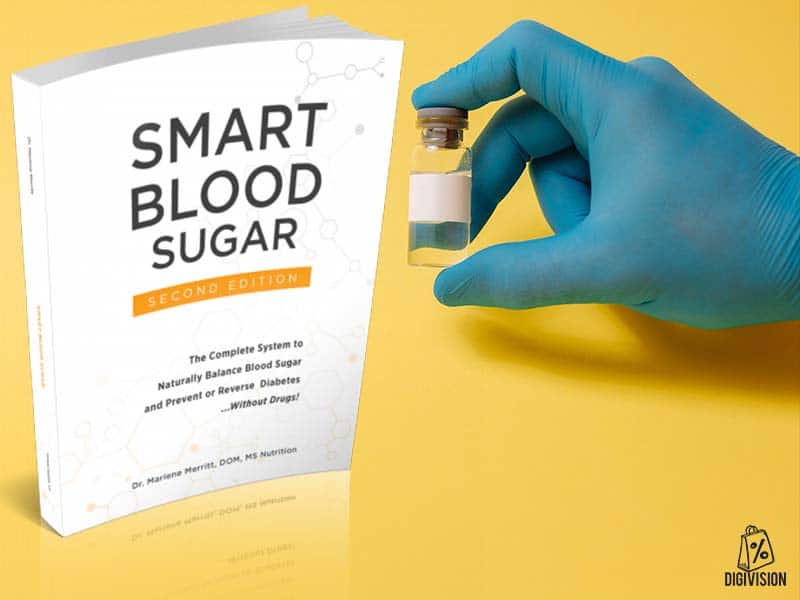
Smart Blood Sugar
Natural Health Connections
Your order today includes a 1 year subscription to Dr. Marlene's life-changing newsletter, Natural Health Connections. At the end of your subscription, we'll notify you. If you want to keep the publication, do nothing and we'll renew your subscription for one-year ($47.00) using your payment information on file. There is no obligation, you can cancel at any time.

